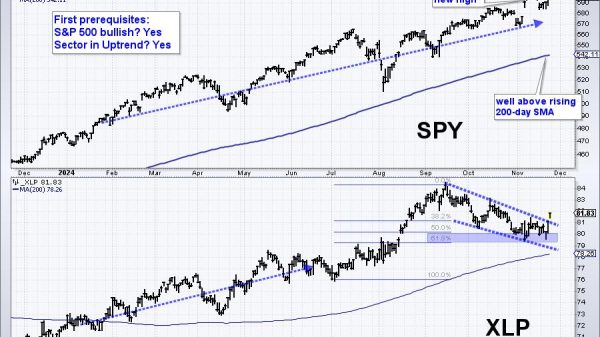Norbert Michel
I spent a large portion of my career working at a conservative think tank, and during my last few years there I often heard folks say things like, “Of course free markets are great, but they need limits, just like everything.” Typically, those folks wouldn’t say exactly what limits they wanted, only that it was important to have “a conversation” about them.
Unsurprisingly, when Vermont Senator Bernie Sanders, an independent who caucuses with the Democrats, and Representative Alexandria Ocasio‐Cortez (D‑NY) introduced legislation to cap credit card interest rates at 15 percent to combat “economic brutality,” my colleagues weren’t fans.
And when Senator Jeff Merkley (D‑OR) introduced the Veterans and Consumers Fair Credit Act, a bill that would have extended rate caps beyond active‐duty military personnel to all consumers, I received zero pushback on a paper laying out the case against interest rate caps.
So it will be very interesting to see what happens now that Senator Josh Hawley (R‑MO) has positioned himself barely to the right of Sanders and Ocasio‐Cortez with a bill to cap credit card rates (for everyone) at an APR of 18 percent.
Of course, Hawley is blaming the Biden administration for the high prices that motivated his legislation, but it’s unclear if moving to the left of the administration on this issue is a winning political strategy. (At least one analyst believes Hawley’s bill has no chance of passing, and that Hawley is making a purely political move.)
The only thing that’s certain is that a rate cap policy is a losing economic strategy.
The historical record on price controls is awful. They tend to spawn harmful unintended consequences, including bribery and corruption to evade the controls, as well as rent‐seeking, which only benefits the people implementing the controls. And price controls rarely help the people they’re intended to help, generally resulting in some combination of higher prices and shortages.
In the case of credit rate caps, it’s not hard to imagine that the highest income earners would suffer the least, while the lowest income earners—the people who most desperately need credit—would suffer the most. In the end, the rate caps would cause problems that provide additional pretense for more price controls and government intervention, both of which tend to further hinder the effectiveness of markets in the first place.
It will be very interesting to see which members of Congress support Hawley’s rate caps, and even more intriguing to see which D.C. think tanks support them. Hopefully, fundamental principles and common sense win out over populism and opportunistic politics.
























